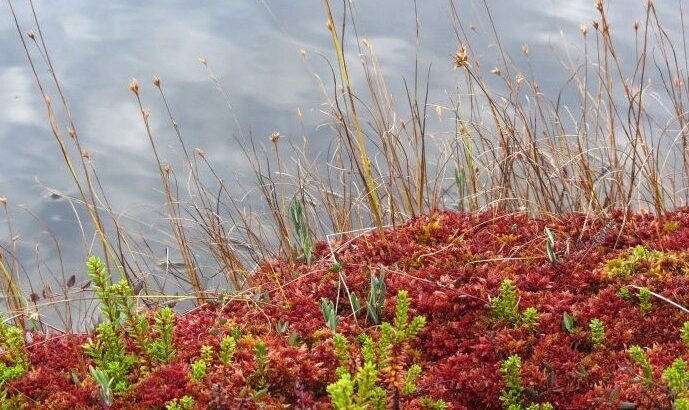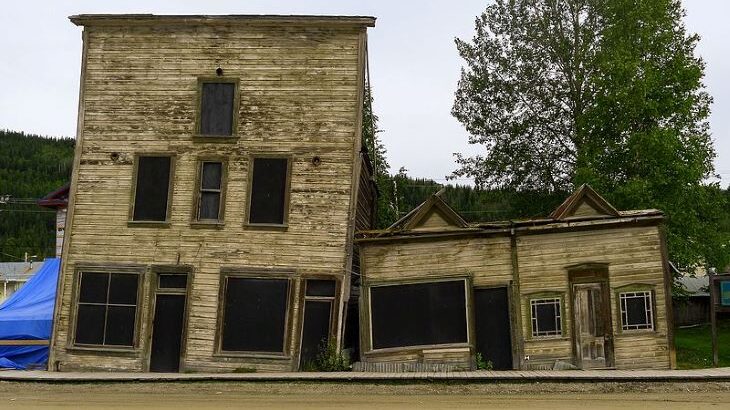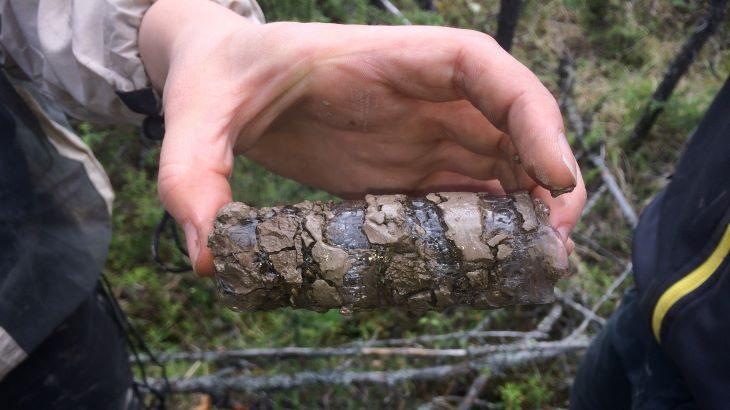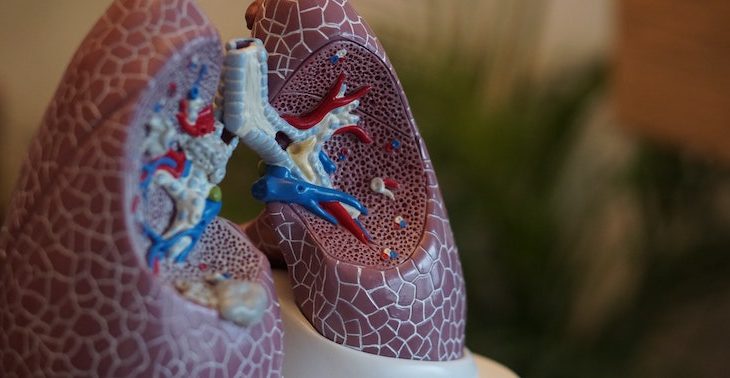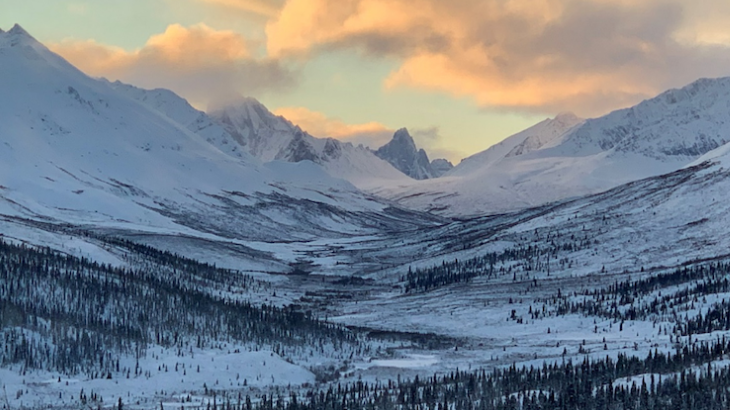
By Patrick Jardine, new science communicator Northern field work 2:00 p.m. on March 9th, 2021: I was finishing sampling snow density along a mine access roadside in the central Yukon with my co-worker, Jen, when I heard branches breaking deep within the forest beside me. It was a balmy –15 °C out — a significant […]

